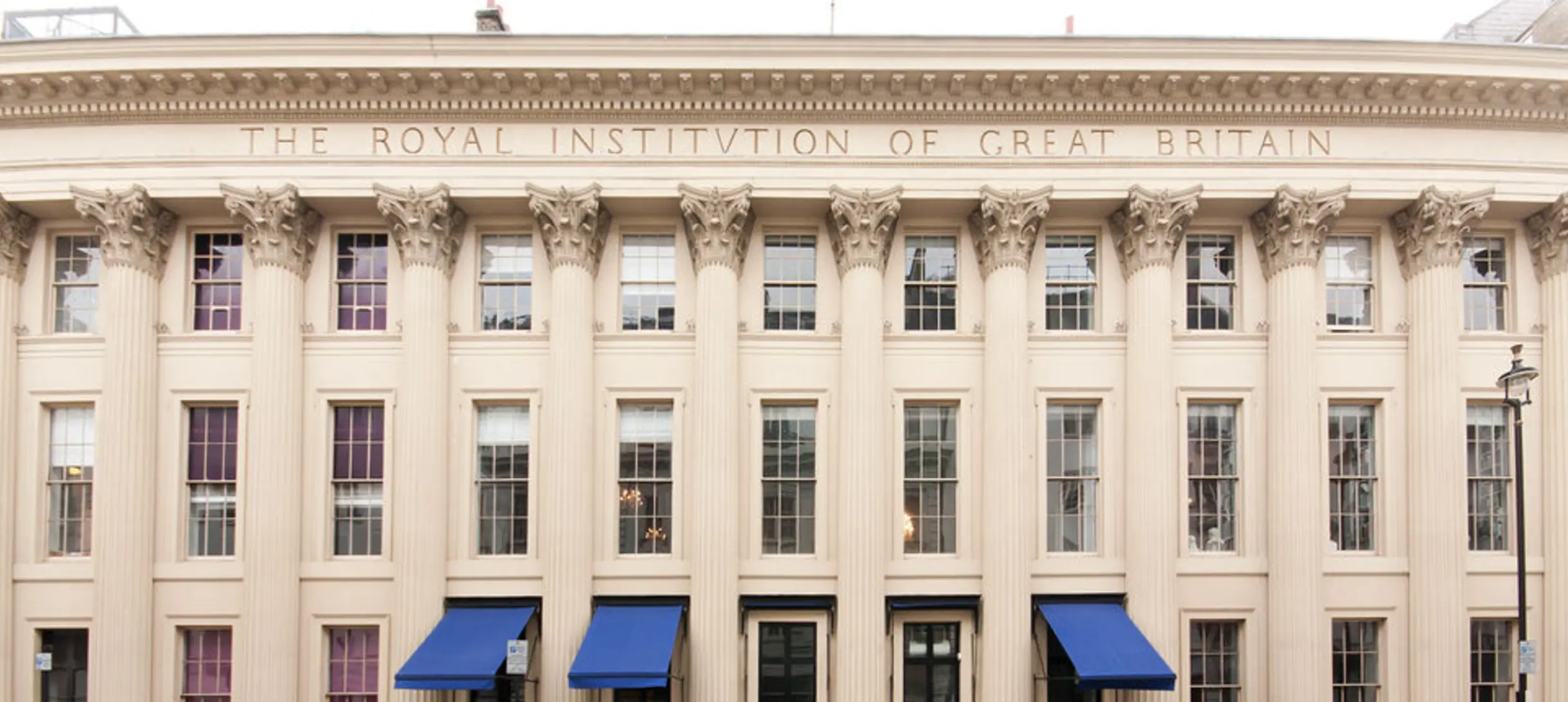The letter
Dear Sir Jeremy,
We the undersigned write to seek urgent clarification around the application of ‘purdah’ to scientists. We cannot remember an election where purdah extended so far into the daily work of research-active scientists and we are extremely concerned that the public are being denied access to the best experts at the time they are most needed. We have seen examples of researchers declining to provide comments on a new study on climate change, scientists from several arm’s-length agencies and research council institutes nervous about talking proactively about the drought, and university researchers feeling unable to provide comment to journalists on the government’s draft UK air quality plan because of instruction from government that their membership of an independent Scientific Advisory Committee (SAC) on air pollution made them subject to purdah.
We understand the basic principles of purdah and accept the need for civil servants to keep the airwaves free for electioneering and to avoid announcing investments or new initiatives that could sway voters. We do not believe however that purdah was ever intended to stop research-active scientists from commenting on breaking news or critiquing important new studies. These activities are an important part of the scientific process, are not political, and should not be interrupted by an election without good reason. Journalists will report on issues like drought, pollution and climate change irrespective of an election and it benefits nobody for the best experts to be removed from the public debates on these issues.
Many senior scientists and science communication officers believe that the guidance on purdah is confusing and is being applied in an ad hoc and arbitrary way which is not in the public interest. We therefore seek explicit written clarification on the following points:
- Purdah does not apply to scientists employed by universities. They should be free to speak to the media and the public, even if they are funded by a research council or they are a member of an independent SAC, as long as they comment with their university affiliation.
- Research-active scientists in non-departmental bodies (such as scientists working in research council institutes) should not be restricted from commenting on new research or answering media enquiries about breaking science news.
We call for early clarification of the guidelines for the current general election, and for a full consultation and review on purdah rules directly afterwards. It is clear that there is widespread confusion and unease about purdah rules as applied to science and we believe that such a review would be in the public interest and warmly welcomed by the research community.
Yours sincerely,
Science Media Centre
Association of British Science Writers
Royal Statistical Society
Royal Institution of Great Britain
British Pharmacological Society
Campaign for Science and Engineering
British Science Association
Association of Medical Research Charities
Sense about Science
Medical Journalists’ Association
The Winton Centre for Risk and Evidence Communication
Full Fact
Response
On 20 May, Cabinet Secretary Sir Jeremy Heywood responded to the Science Media Centre on the subject of pre-election guidance. You can read his response here.
Coverage
Today's issue of The Times covers the letter, with both a news report, 'Science chiefs complain abuot being gagged on pollution', and leading article, 'Gagged science'. You can also read the Independent's take, and read our Director Susan Harper's comment here.
